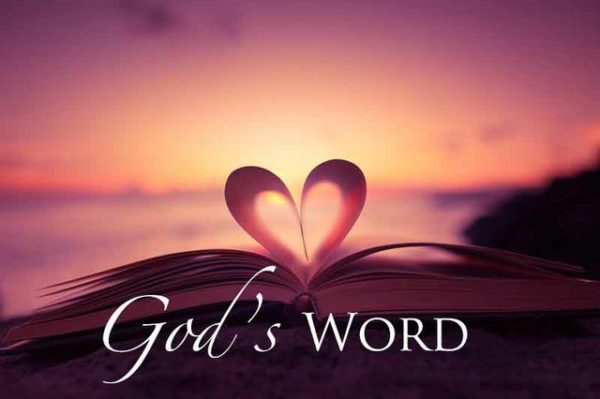A Daily Study of Psalm 119 (NKJV)
Meditations and Prayers Relating to the Law of God
“Psalms 119 is an acrostic to end all acrostics! There are twenty-two strophes (paragraphs), corresponding to the twenty-two letters of the Hebrew alphabet. Each of the strophes has eight lines (verses), and every one of the lines in each strophe begins with the appropriate Hebrew letter marking that stanza.” – Coffman(1)
Every paragraph contains these words pertaining to God’s Laws:
Law of the Lord or Your Word– Body of prophetic, legal and moral directives (Mosaic Law)
Testimonies – Witness (God never asks us to believe anything that He does not give us evidence (testimony) for.)
Precepts – Command or order respecting moral conduct
Statutes – Something prescribed, prescribed task
Commandments – order by authorities
Judgements – Act of deciding a case, ordinance
PSALM 119:73-80 Y Yodh (hebrew letter)
“Your hands have made me and fashioned me; Give me understanding, that I may learn Your commandments. Those who fear You will be glad when they see me, Because I have hoped in Your word. I know, O LORD, that Your judgments are right, And that in faithfulness You have afflicted me. Let, I pray, Your merciful kindness be for my comfort, According to Your word to Your servant. Let Your tender mercies come to me, that I may live; For Your law is my delight. Let the proud be ashamed, For they treated me wrongfully with falsehood; But I will meditate on Your precepts. Let those who fear You turn to me, Those who know Your testimonies. Let my heart be blameless regarding Your statutes, That I may not be ashamed.”
Hi-lite the “Law” words from the list above.
Circle the declarative statement in verse :73?
- “Your hands have made me and fashioned me” – Consider all that this statement says:
- “Your” – God, our creator.
- “hands” – God is spoken of with human characteristics in scripture so that we may relate and grow close to Him.
- “have made me” – I am not an evolved creature. Every human being was made on purpose, with a purpose.
- “and fashioned me” – God gave you and me a body, male or female. He does not “make mistakes”, no matter how differently one may “feel” about his gender.
The word “Let” in this section represents a desire or prayer for.
What are the specific “desires” of the Psalmist? (Begin with “Let”)?
Desires for himself – Hi-lite in one color
- :76 “Let, I pray, Your merciful kindness be for my comfort
- :77 “Let Your tender mercies come to me” Why? That I may live (double underline)
- :80 “Let my heart be blameless”
Desires for others – Hi-lite in another color
- :78 “Let the proud be ashamed”
- :79 “Let those who fear You turn to me” – we follow God’s testimonies together.
Put a box around the reason words “because” and “for” in these verses:
- :74 Why will the god-fearing people be glad to see you?
- :77 Why do you want “tender mercies” and “life”?
- :78 Why do you want the proud to be ashamed?
What is the Psalmist going to do or has done? Underline
- :73 “I may learn”
- :74 “I have hoped”
- :75 “I know, O Lord, that Your judgments are right”
- :80 “I may not be ashamed”
Who does the Psalmist speak of when he writes “those who fear You”?
What kind of “fear” is under consideration here? The Hebrew word contains an element of reverence and honor. Those who revere and honor God.
The writer desires to have an influence on “those who fear You (God)”. In the following verses, how does he want to influence these people?
- :74 “I have hoped in Your word” – influence them with hope. A hopeful word can give much encouragement to one who is doubting or despairing.
- :79 “know Your testimonies” – influence them with the Word.
Think about ways that you can influence others with the hope you have in God and His Word.
